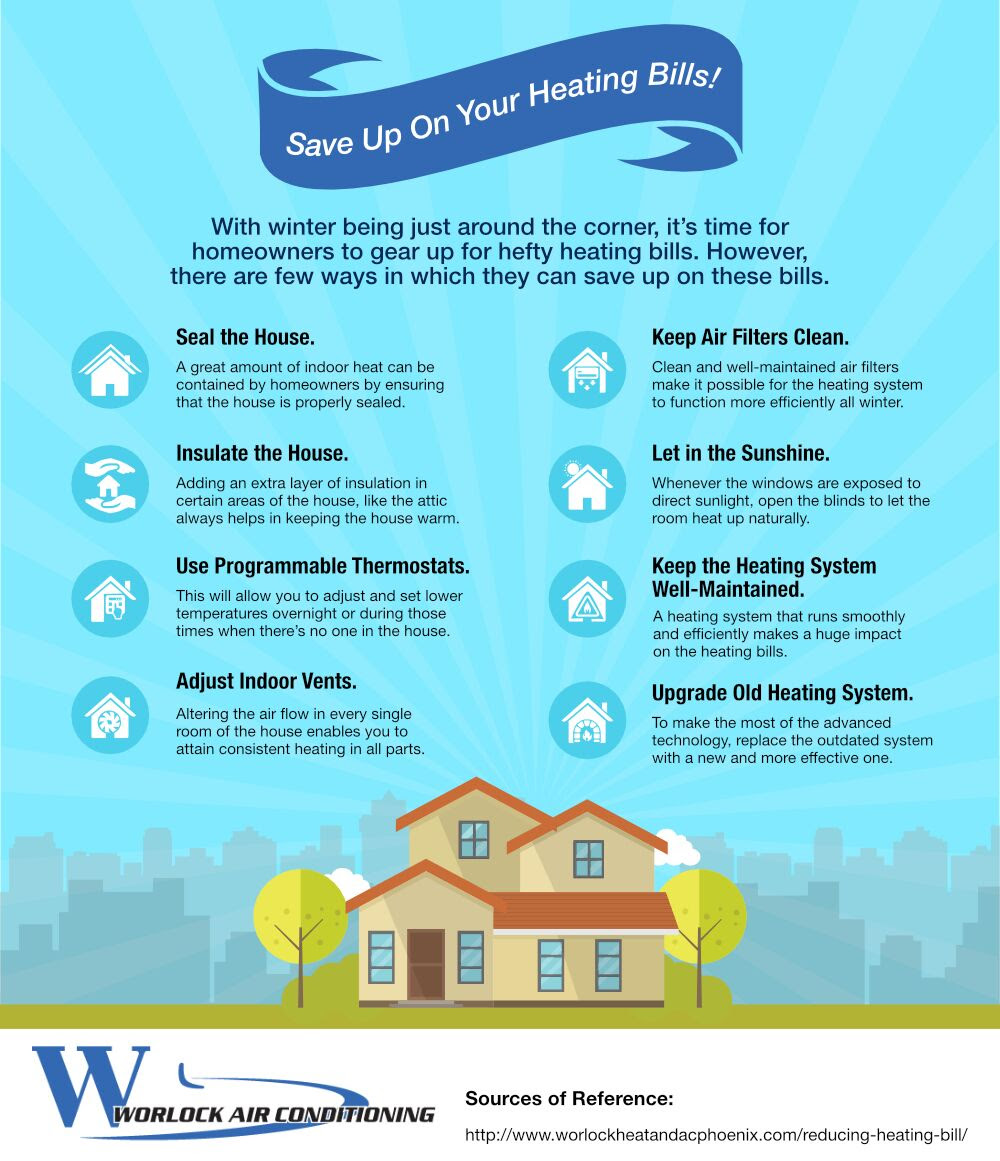Heatpump Vs Heater - Which Is The Better Home Heating Alternative For Your Home?
Heatpump Vs Heater - Which Is The Better Home Heating Alternative For Your Home?
Blog Article
Web Content Created By-Midtgaard Aldridge
Lots of home owners recognize with furnaces, which heat homes with oil or natural gas and press hot air through ductwork. They are fairly cost-effective and can supply dependable heating also throughout a winter power outage.
However, they make use of nonrenewable fuel sources and produce carbon monoxide and other air pollution. They also aren't as energy-efficient as a high-efficiency heat pump.
Expense
Usually, heatpump are more inexpensive to run than furnaces. They usually make use of electricity and refrigerant to remove heat from outdoor air, and then move it right into your home. You can make the most of less costly power prices during off-peak hours to even more decrease your heating expenses.
Unlike heat pumps, gas or wood-burning heaters make use of combustion to create warm, emitting flue gases into the environment that can be hazardous to your wellness. These furnaces are additionally much less energy-efficient than heatpump, and their higher operating costs can build up gradually.
Furnaces are extra challenging than heat pumps and require regular upkeep to make certain the proper feature of all parts. Regardless of this, they often tend to last longer than heatpump with a common life expectancy of 20 years or more. Nonetheless, you'll require to consider the expense of gas, gas oil or wood and the additional equipment required for setup and procedure such as ducts and air flow systems.
Energy Effectiveness
Heat pumps have a greater power efficiency ranking than furnaces. These systems make use of electrical energy to scavenge warm from the air, even in freezing temperature levels. They can likewise get rid of excess heat from the home during warmer months and recycle it to cool the system. Service provider experts can assist you determine the most effective design for your home on environment and source energy prices.
Heaters burn gas oil, lp, natural gas or other sorts of fossil fuel to heat up the air in the home. This air is after that distributed via ductwork making use of a huge fan. Heaters produce greenhouse gases and call for routine maintenance and devices upgrades to make sure risk-free procedure.
The most significant advantage of a heater is that it can be operated also in severe wintertime problems because it does not depend on outside temperature levels to heat the air. Heaters likewise have a longer life expectancy than heatpump and typically last 15 years. They can additionally be coupled with double gas options, which select one of the most reliable heating option based upon the climate.
Climate
Heatpump function well in modest climates and use much less source energy than heaters. Nonetheless, if your region is incredibly cool, you might need to invest in a common gas heater rather.
Heaters give cozy, cozy heat and usually offer rapid heating to elevate indoor temperature levels. These systems can be utilized with a variety of fuel types, consisting of gas, propane, oil or electrical energy.
They take in much more energy than heatpump-- as much as 3x as much-- and require ductwork that's costly to mount or retrofit. They're also extra expensive to preserve, as they can create air high quality concerns and create greenhouse gas discharges.
If you're devoted to reducing your carbon footprint, a heat pump is a good selection for your home. They have fewer greenhouse gas discharges than heaters, specifically if you choose an ENERGY STAR ® heatpump. link web site can discuss the distinctions in between these two heater and aid you make the best choice for your unique demands.
Personal Preferences
Heaters can be very power reliable when powered by gas, gas or oil, but they aren't as power effective as heatpump in frigid environments. They can additionally be more expensive to install, needing gas lines and air flow systems.
Nonetheless, heaters have a tendency to need much less upkeep, which can lead to reduced ongoing expenses. They produce less greenhouse gases and are much more reliable than heat pumps throughout extreme weather condition.
Electric heat pumps are more versatile in developing interior convenience since they can likewise work as a/c unit throughout warmer months. They can be easier to preserve, needing just regular air filter changes and occasional vacuuming.
If you favor the comfort of a single system that does it all, think about a hybrid heating solution that sets a heater with an electrical heat pump. These systems can instantly switch between both heating alternatives based upon your home's requirements and temperature level problems, optimizing performance and financial savings.